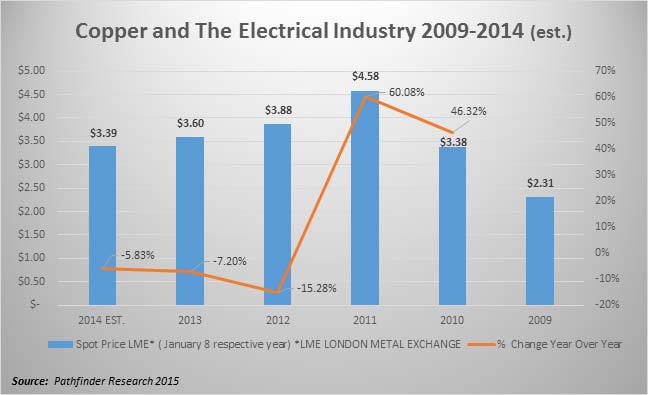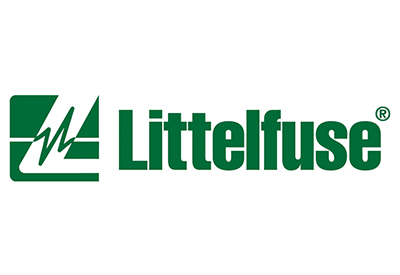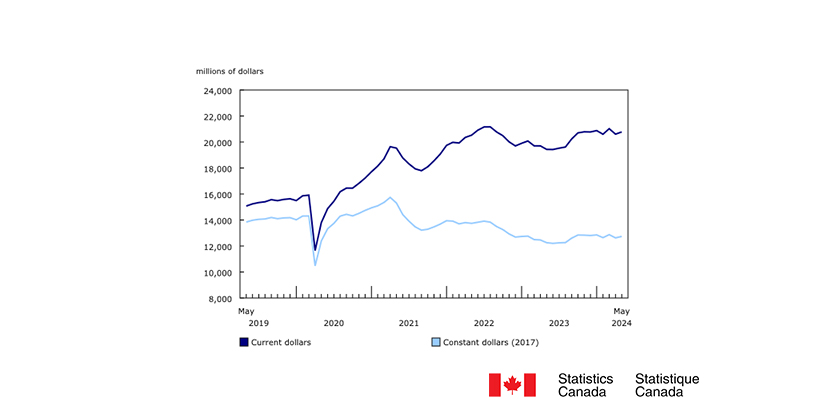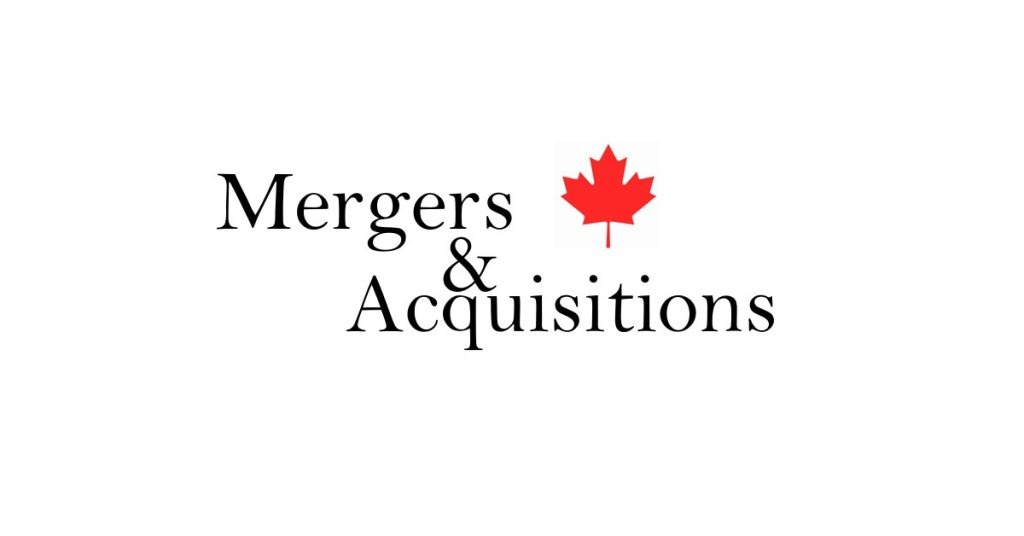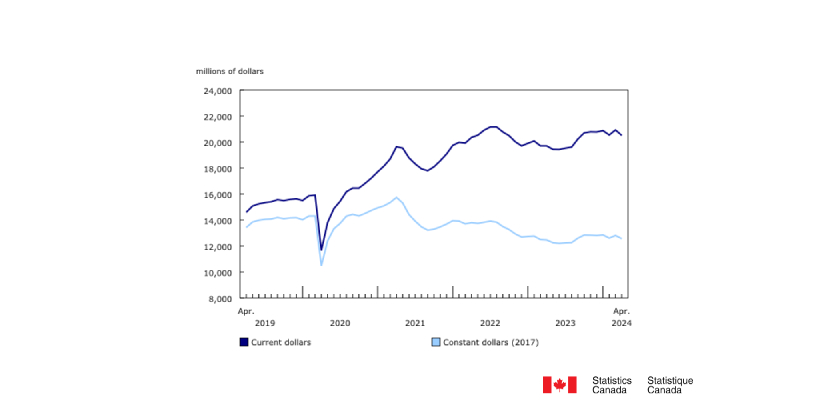Learning from Your Mistakes — and Not Flying by the Seat of Your Pants

May 15, 2017
By Michelle Branigan
In an age when communication rules, and a company’s reputation can be elevated or decimated in the time it takes a tweet to circle the world, the last thing a company wants is to see itself caught up in a public relations disaster.
By now everyone has likely seen the images and video of the United Airlines passenger suffering serious injuries while being dragged off the plane by police after refusing to give up his seat to a united crew member. The general public was shocked and outraged to say the least, and United’s initial handling of the situation only made matters worse.
During the critical time following the incident United failed miserably in communicating their rationale for the decisions made by the crew, and the facts they provided were unclear. Instead of defusing the situation they actually made it worse. Indeed, as videos of this atrocious incident racked up millions of views online, United’s initial reaction was to apologize for having to “re-accommodate” passengers and to remind everyone that a ticket is a contract. United CEO Oscar Munoz criticized the distraught passenger for being “disruptive and belligerent.”
United’s market value plummeted by $1 billion after this incident. Who knows what it will cost to rebuild the company’s reputation.
Closer to home, this week saw OC Transco, the urban transit service in Ottawa, face allegations that one of its drivers verbally assaulted one of its disabled passengers. Many local transit companies across the country have seen complaints about drivers texting or doing paperwork while driving.
All it takes is a single employee’s bad tweet — like a Burger King staffer standing in a tub of lettuce — to send companies scrambling to contain the fallout. 
But there are some HR learnings from all this.
Preparation matters
A company’s reputation is one of its biggest and most important assets. In a crisis, you only have one chance to send the right message.
Consider every situation your organization might face, from an appalling accident, an offensive tweet, or a customer service issue. Have you assessed the possible risks to your company’s reputation? Who will coordinate your response when reporters call or a picture/video of one of your employees goes viral? What is your spokesperson empowered to say? What are employees authorized to do? More importantly, what is your message to your customers, employees, and the public?
You need a game plan for every possible situation. Your team needs to understand and practice their roles. Do they have the required training and are they empowered to act in the best interests of the company? The stakes are simply too high not to be prepared.
Some organizations may need to train employees on the increased customer service expectations that exist in today’s very visible business environment. More and more employees in the electricity industry are being required to deal with client’s face-to-face, be they on the line in a call centre or on the road changing our streetlights. They need to understand how any bad interaction can damage the organization’s reputation, and that they need to provide consumers with the best experience possible.
Workplace culture, and unhappy employees
At United, Munoz defended his employees — who exercised poor judgment — and was critical of the customer who was hauled off the plane. In my view this demonstrates a serious lack of leadership. If this is the example given from the top, is it surprising that employees share the same perspective?
As most people who travel these days know, it’s not uncommon to hear airport staff ask for passengers to give up their seat, as the plane has been “overbooked.” But I don’t think any of us expect to be physically forced to leave our seat once already boarded and ready to depart.
What becomes obvious is that United put its policies ahead of its customers. In following the “rules,” employees actually allow this situation to escalate to the point of physical abuse and mental trauma. United needs to look long and hard at their employees, their satisfaction within the company, and why they felt that it was acceptable to respond as they did. Content employees are also more likely to go out of their way to provide better client experiences and ensure customers are better served.
“I am personally sorry that my immediate response, and the response of our airline, was inadequate in that moment,” he said during a House Transportation Committee hearing May 2nd.
Munoz promised the company will “do better.”
To make good on that promise, United has to not only gain the trust of customers, it must give leadership, direction, and vision to its employees. They need to know how to respond to customers properly, and to be empowered to bend the rules when it would contribute to the company’s greater good. Right now there is clearly no “greater good” here.
Many people around the world have said they will no longer fly with United Airlines. And with that type of corporate culture why would you want to work for them?
Michelle Branigan is CEO Electricity Human Resources Canada.



